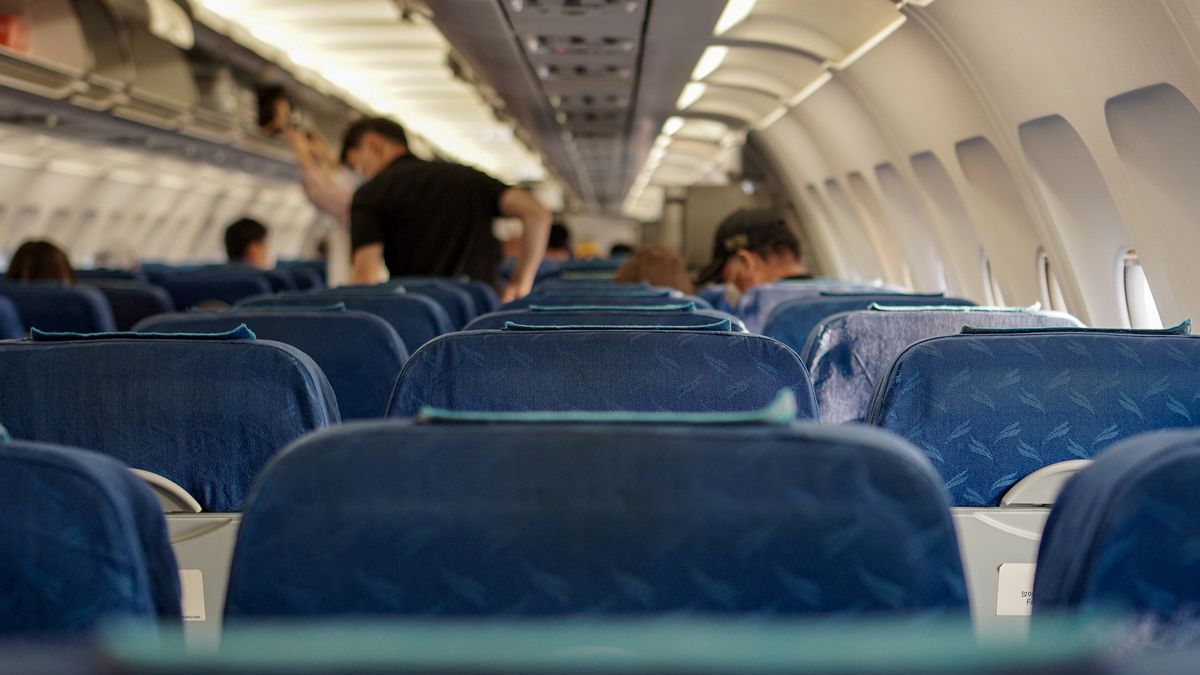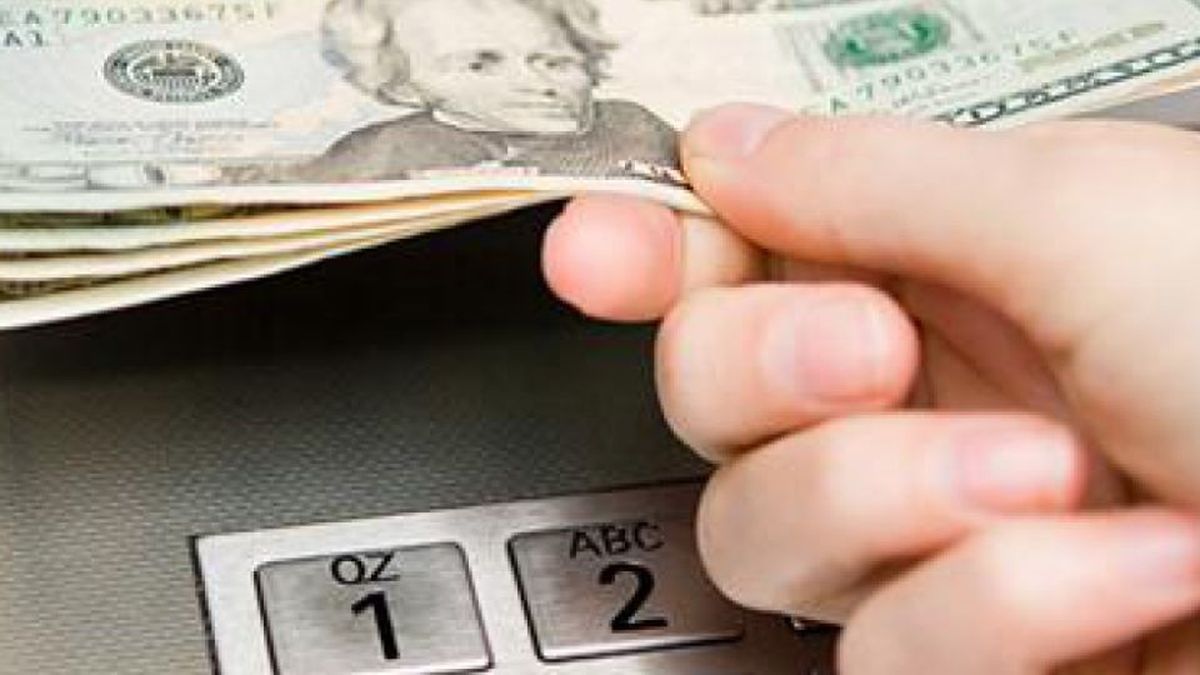“We are all surprised by this situation,” Baravalle told Radio Continental. And he anticipated: “There is the possibility of judicializing the measure, at the moment we only issue a statement rejecting the measures.”
“The Central Bank’s measure will have a full impact on Black Friday. We all hurt ourselves. If the country needs dollars, it is necessary to bring more tourists,” he added.
For their part, companies such as Despegar.com also expressed their rejection. “At the moment we are readjusting all the proposals that we had ready for Black Friday and making the necessary changes to be able to maintain the best possible offers that we have been working on over the last few months,” said the leading company in the tourism sector. one of the most impacted by the pandemic.
“We believe that the lack of predictability and clear rules does not contribute to the recovery of the sector in particular, or of the economy in general,” they questioned from the local firm.
The Central Bank restricts the purchase in installments of trips abroad
The measure was adopted through Communication “A” 7407 and has been in force since Friday, November 26. “Financial and non-financial entities issuing credit cards should not finance in installments the purchases made by credit cards of their clients – human and legal persons – of tickets abroad and other tourist services abroad (such as accommodation, rental of car, etc.), either carried out directly with the service provider or indirectly, through a travel and / or tourism agency, web platforms or other intermediaries, “the BCRA stated in the document.
Before Telam’s query, sources from the monetary entity explained that banks or card issuers will be able to finance these types of purchases in installments, although with a minimum annual rate of 43%. That is, paying the minimum of the card.
“Sales of tickets abroad that are bought with credit cards must be paid in cash or, if it is with installments, with a minimum interest rate of 43 percent,” the sources detailed.
The measure seeks to discourage the purchase of packages abroad given that, between 2011 and 2020, Argentina suffered a significant trade deficit for tourism account that resulted in a considerable outflow of foreign currency.
How to finance a trip abroad:
Given this measure, Argentines who want buy tickets abroad and add travel services Outside the country, they will have the following options to be able to specify it:
- Take out a personal loan with a rate that is currently around 78%
- Pay the card minimum and refinance the rest at a 43 percent rate
According to a report from the Center for Studies for Production (CEP XXI) of the Ministry of Productive Development, the deficit of income and expenses of the travel account through operations of the Single Free Exchange Market (MULC) accumulated between 2012 and 2020 was of US $ 47,800 million, according to BCRA data.
In this sense, the Government is promoting domestic tourism through the “Pre-Trip” program that rewards 50% of the consumption made in the purchase of tickets, accommodation, excursions and vehicle rental, among other services, for a moment up to $ 100,000 per person.
A month ago, the Central authorized banks to offer foreign tourists visiting Argentina the opening of a savings bank in pesos and dollars, with the idea that the accounts can be used for purchases in stores in pesos in the country and that way to capture part of the foreign exchange income that will enter legally through tourism.
Tourism is expected to be one of the engines of economic activity in the coming months and through which between US $ 5,000 and US $ 6,000 million enter each year, according to Indec data.
“A conservative estimate may be between 15% and 20% of the tourism that enters through this account. It increases the supply of formal dollars, improves tax collection,” sources from the monetary authority told Telam.
The idea is that banks can offer tourists a card preloaded in pesos against the dollars of the account, so that they can arrive at the hotel and have available, for example, the debit card of their account and thus avoid bringing tickets or avoid being scammed or being robbed when exchanging them for pesos at an illegal exchange house.
In this way, tourists will be able to access financial services for currency exchange, that is, they will be able to exchange their dollars through the capital market at the MEP exchange rate (currently at $ 200 per dollar), a better price than the of the official retail exchange rate that is $ 105 per unit and for which parking is not necessary, so you can have the pesos immediately.
“The tourist benefits because he does not handle cash, does not have to go to a cave, avoids the risk of assault or fraud with false coins. He can also benefit from any promotional campaign, for example for payments with QR or carried out by his entity” , they explained from the BCRA about the measure.
However, the banks have not yet decided whether they will offer this type of product.
Industry sources confirmed to this agency that they are not clear if the costs of offering that product, in terms of specific product development, are offset by the mass of potential clients they could get.
Source From: Ambito
David William is a talented author who has made a name for himself in the world of writing. He is a professional author who writes on a wide range of topics, from general interest to opinion news. David is currently working as a writer at 24 hours worlds where he brings his unique perspective and in-depth research to his articles, making them both informative and engaging.




